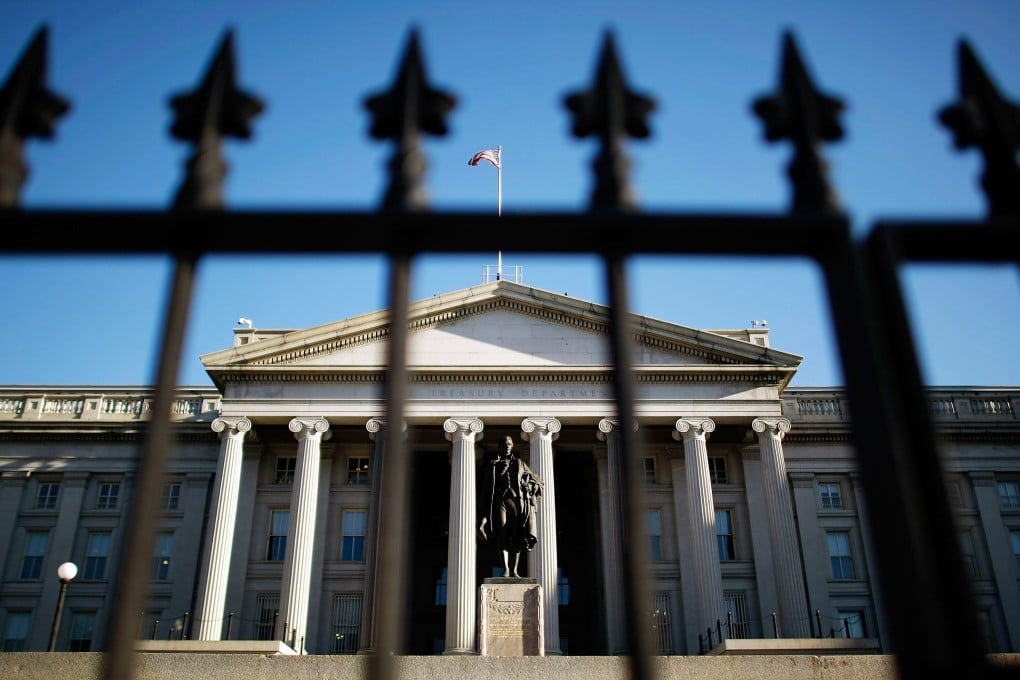Beijing to back United States over new Fatca law against tax evasion
Central government co-operates with Fatca law, easing blacklist threat to Chinese institutions and boosting its own battle against corruption

Mainland China has been included on a list of jurisdictions co-operating with the United States on a new law to halt tax evasion.
It removes the threat of blacklisting or penalties that had been hanging over Chinese financial institutions. The inclusion will also benefit institutions in Hong Kong, the US and elsewhere with subsidiaries in mainland China.
The Foreign Account Tax Compliance Act (Fatca) is a US law that requires financial institutions around the world to provide information on US taxpayers to the US government. The Treasury Department said on its website that Beijing had reached an "in substance" intergovernmental agreement Model 1 (IGA 1) with the US.
The move will enable Beijing to obtain information on mainland Chinese taxpayers in the US, which will help in its fight against tax evasion and corruption.
"It is important, as China was seen as the last major outlier in reaching an IGA with the US," said Charles Kinsley, a China tax partner at accounting firm KPMG. "Most major economies have negotiated an IGA, either formally or in principle."
Eric Boes, an international tax consultant at the trust company Amicorp, said: "I can imagine Beijing will want information on Chinese taxpayers abroad. A possible reason is that the government wants information on corrupt Chinese officials."
